Afghan Taliban carry out sixth public execution since 2021
Condemned man was shot with three bullets to the chest by a member of the victim's family in front of thousands of spectators in Gardez
AFP
News Agency Partner
AFP is a renowned international news agency, delivering comprehensive and reliable reporting on global events, trends, and issues.
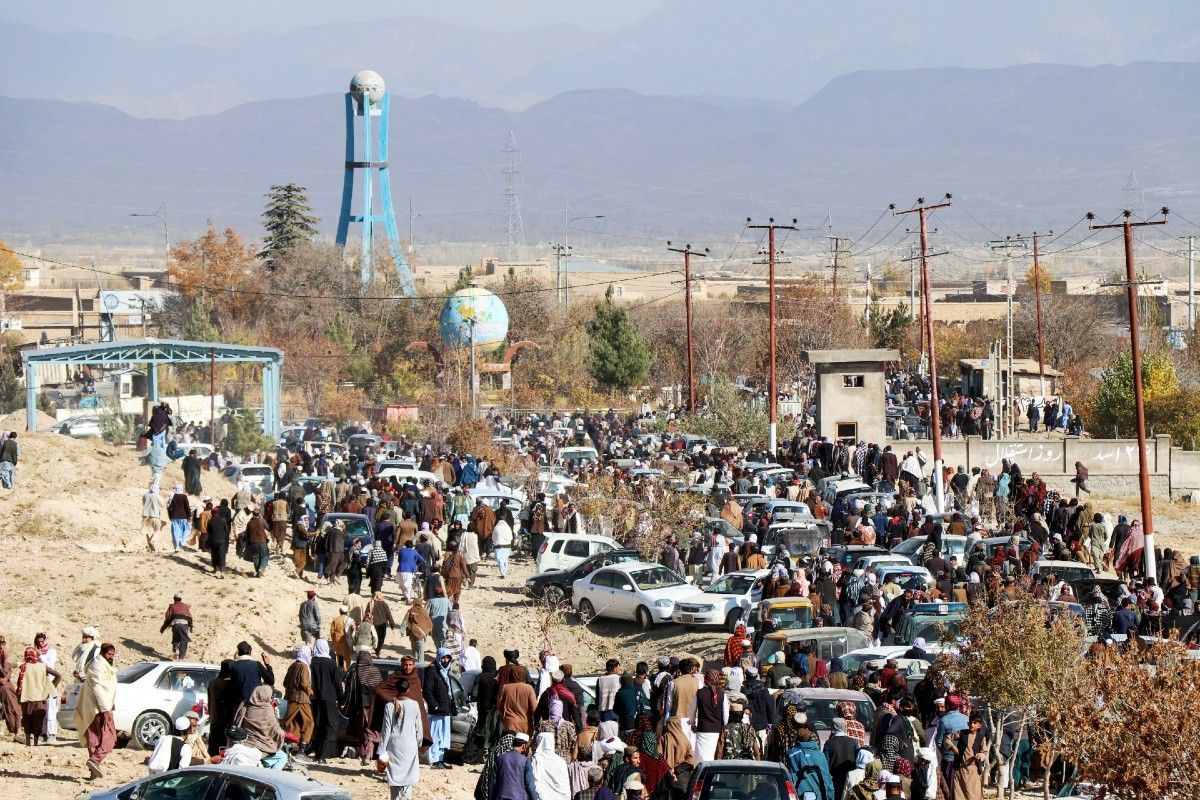
Afghan men leave after watching the public execution of a man, by the Taliban at a football stadium in Gardez, in Paktia province on November 13, 2024.
AFP
Taliban authorities in eastern Afghanistan on Wednesday executed a convicted murderer by gunfire at a sports stadium, the sixth public execution since their return to power.
The condemned man was shot with three bullets to the chest by a member of the victim's family in front of thousands of spectators in Gardez, the capital of Paktia province, according to an AFP journalist at the scene.
The evening before the execution the governor's office called on officials and residents to "attend this event" on social media.
"A murderer was sentenced to retaliation punishment," said a statement from Afghanistan's supreme court which named the condemned as Mohammad Ayaz Asad.
The execution order was signed by the Taliban supreme leader Hibatullah Akhundzada, the court said.
The convict had been in detention since before the Taliban came to power for killing another man, Habibullah Saif-ul-Qatal, and the case was "examined very precisely and repeatedly" by three military courts, the statement said.
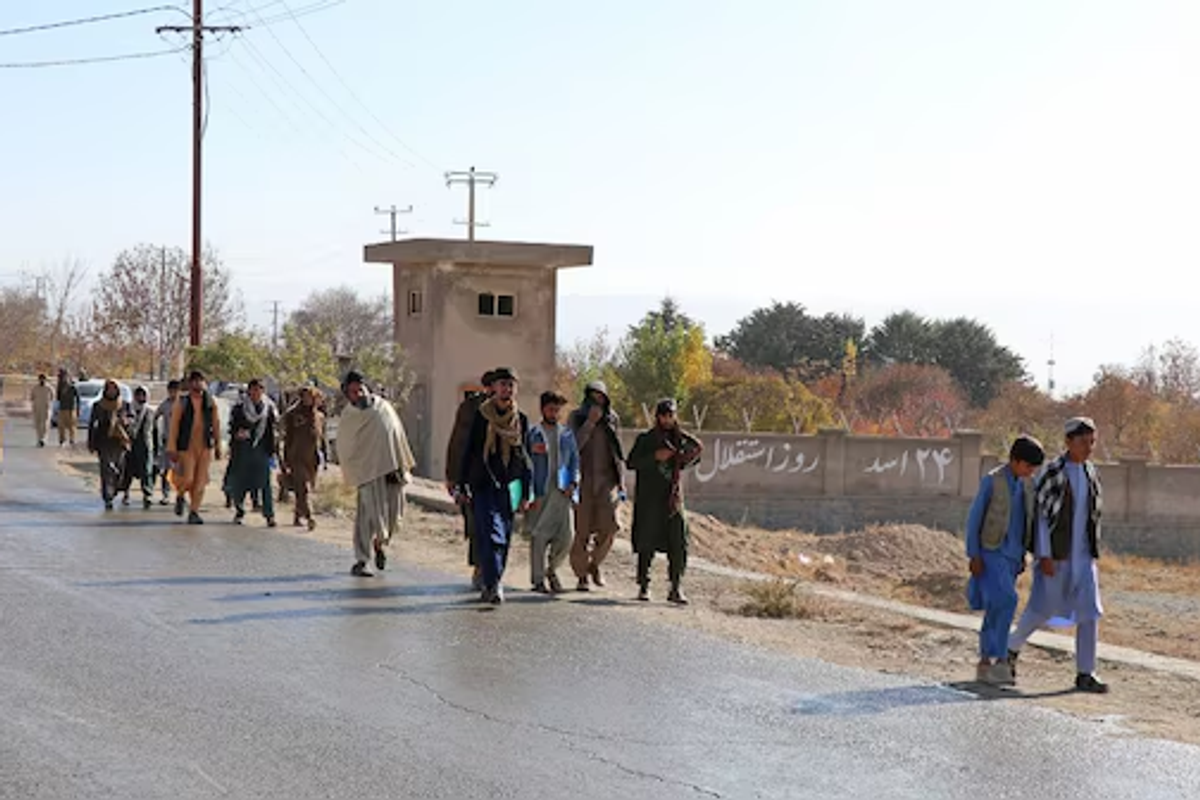
The victim's family was given the opportunity to stay the execution, but they refused, the statement added.
Among the crowd at the execution were several high-level officials, including Interior Minister Sirajuddin Haqqani. He heads the Haqqani network, a US-designated terrorist group long viewed as one of the most violent militant factions in Afghanistan.
'Eye for an eye'
Public executions were common during the Taliban's first rule from 1996 to 2001, but according to an AFP tally only a handful have been carried out since their return to power in August 2021.
In 2022, Akhundzada ordered judges to fully implement all aspects of the Taliban government's interpretation of Islamic law -- including "eye for an eye" punishments known as "qisas", allowing for the death penalty in retribution for the crime of murder.
"Qisas is the order of God, we are Muslims so we need to practice it," said one witness to the execution who gave his name as Sayedulluh.
"Before it was not practiced, things were not in order... now thankfully, it's an Islamic system," he added.
Another spectator, Mobin, told AFP qisas was beneficial as then "no one will be prepared to commit murder, and they will not kill".
Rare executions were carried out under the foreign-backed government ousted by the Taliban.
In February, three public executions were carried out within a week.
Two men were executed by multiple gunshots to the back in front of a large crowd in eastern Ghazni city, followed days later by a similar public execution in northern Jowzjan province.
Corporal punishments -- mainly flogging -- have been common under the Taliban authorities and employed for crimes including theft, adultery and alcohol consumption.
Law and order is central to the severe ideology of the Taliban, which emerged from the chaos of a civil war following the withdrawal of Soviet forces from Afghanistan in 1989.
One of the most infamous images from that era depicted the 1999 execution of a woman wearing an all-covering burqa in a Kabul stadium. She had been accused of killing her husband.
The United Nations and rights groups such as Amnesty International have condemned the Taliban government's use of corporal punishment and the death penalty.
China, Iran, Saudi Arabia, Egypt and the United States were respectively ranked the world's most prolific practitioners of the death penalty in 2022, according to Amnesty.



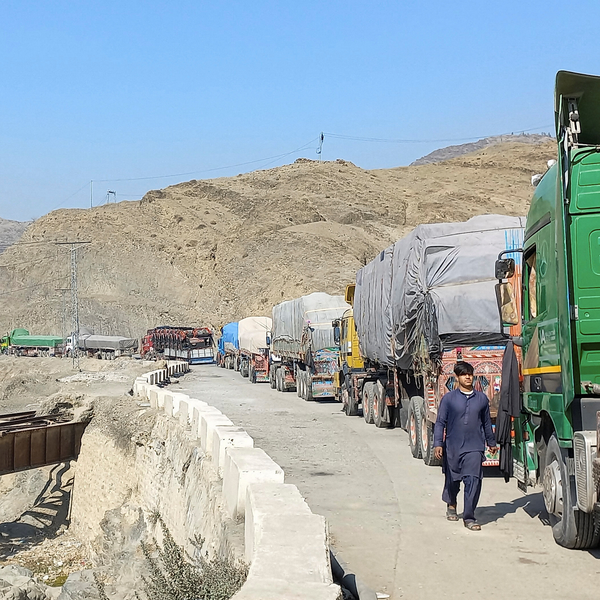
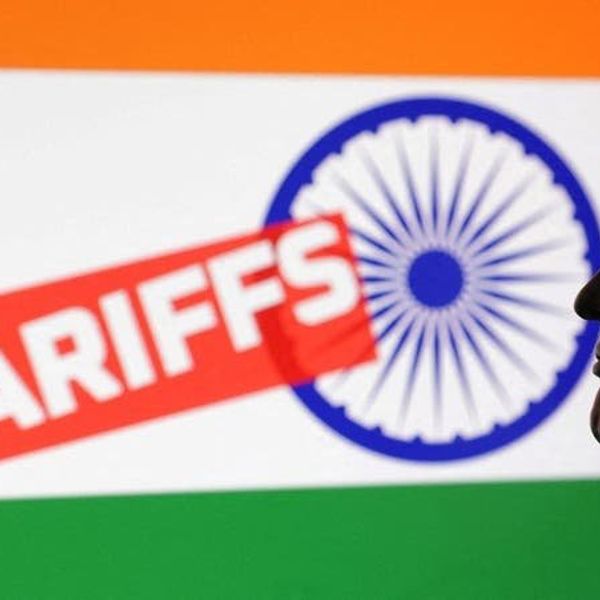
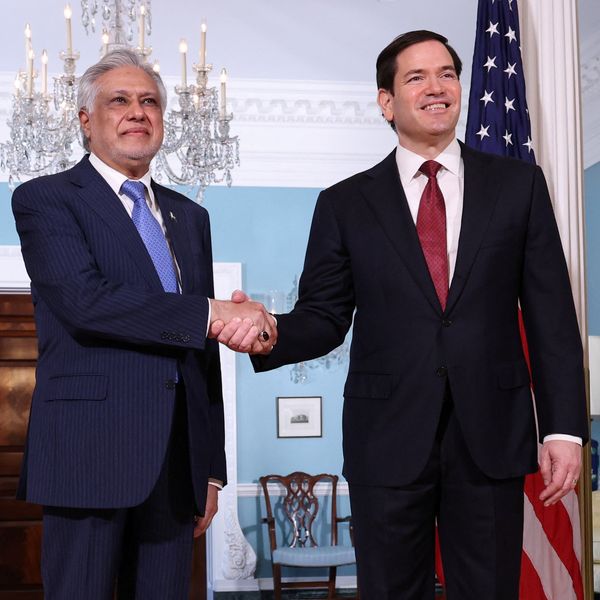




Comments
See what people are discussing